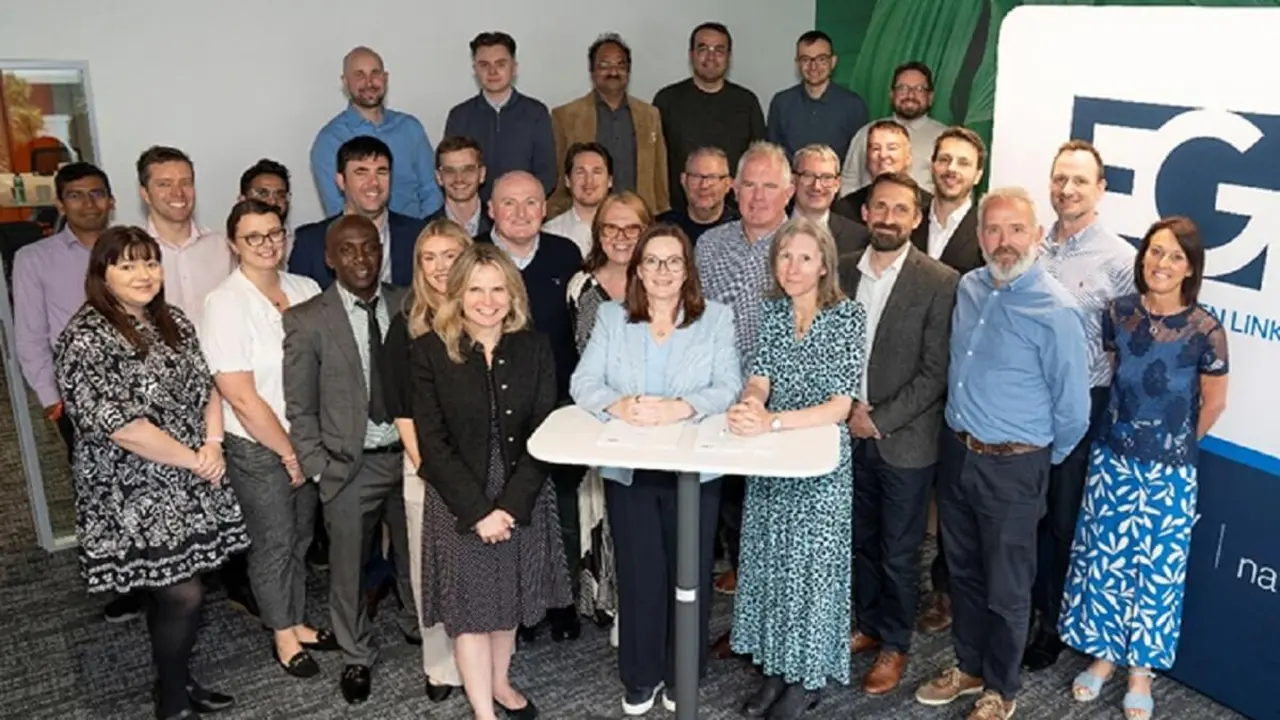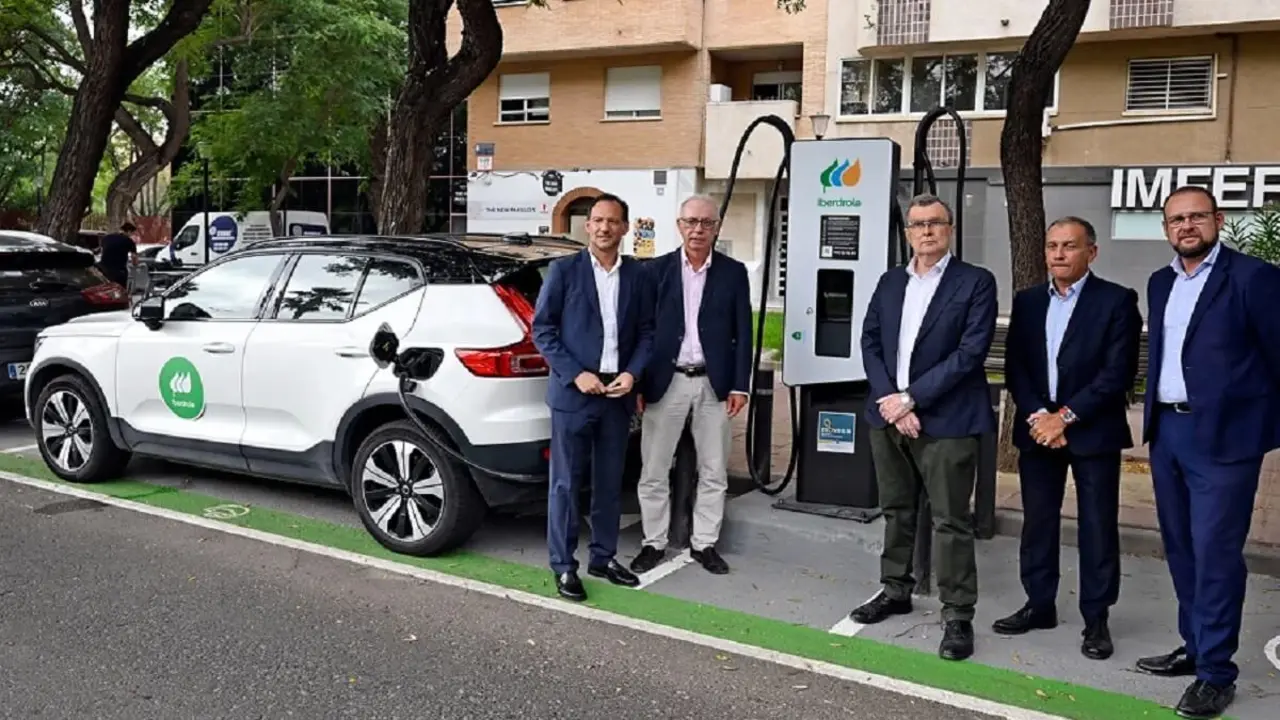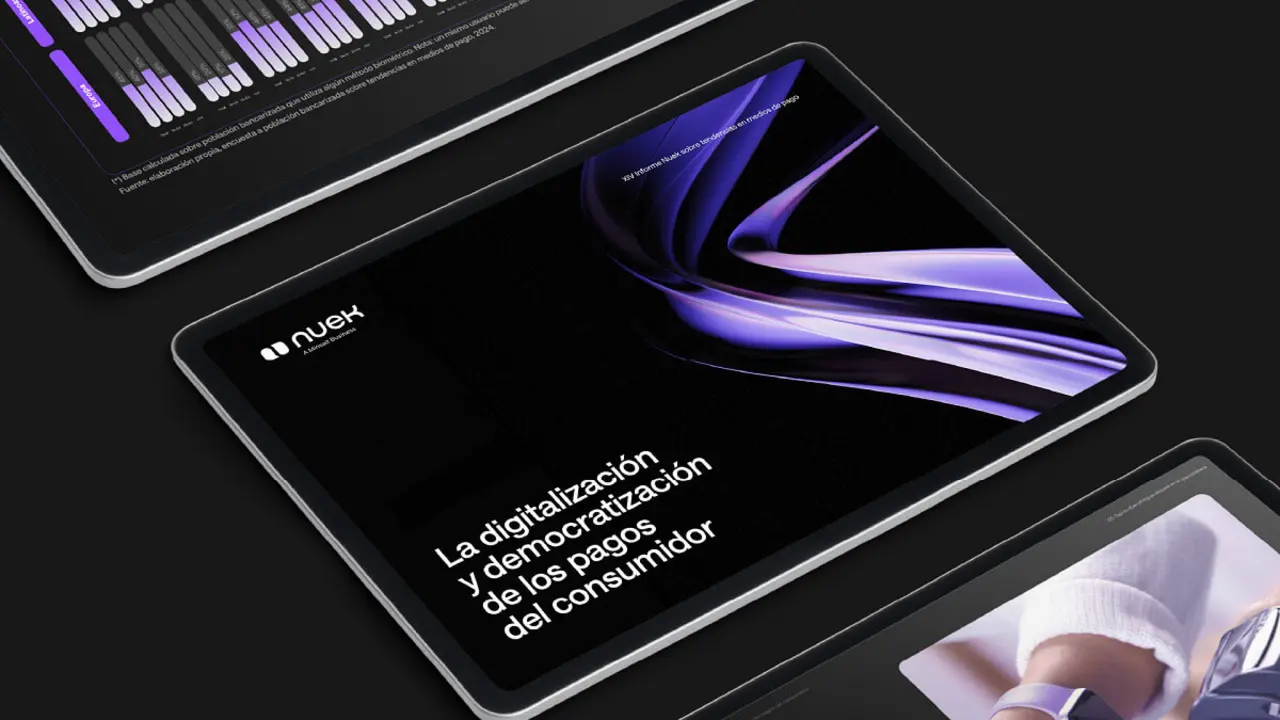Ecofuels, a viable and competitive solution for decarbonisation
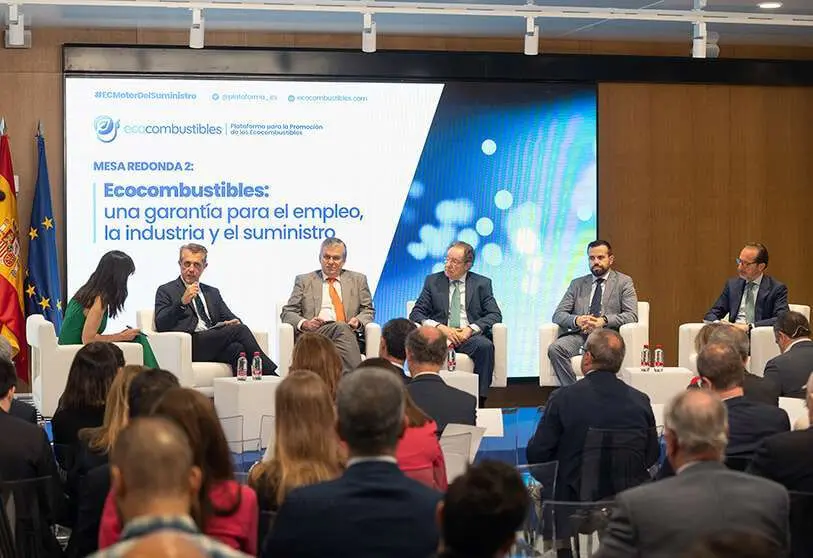
Ecofuels represent a tool that can be applied now and is effective in the decarbonisation process in which the world is now immersed in order to protect the environment, within the transport and mobility sector, as opposed to other alternatives such as electric mobility or hydrogen, which are also valid, but which do not have the infrastructure required for their effective implementation at this time.
Ecofuels need greater support from the Administration for their development and full implementation; support that the electric vehicle sector is already receiving, as is the case in Spain, where the Government is making a determined commitment to electrification, despite the fact that it cannot provide a rapid response at this time to the needs of freight transport and mobility at national and international level. Ecofuels, on the other hand, can represent an intermediate step in the decarbonisation process, as they can be used from now on and have the necessary infrastructure for their distribution through existing channels such as the current storage networks or service stations that are currently used for fuel distribution. Technological neutrality is necessary in which all existing technologies count when it comes to contributing to the process of decarbonisation in transport and mobility, without any of them having special privileges, as may be the case in Spain and the European Union now with the administrations' commitment to electric vehicles.
These are the main ideas that were defended at the conference "Ecofuels: driving force of the economy and guarantee of supply", organised by the Platform for the Promotion of Ecofuels in collaboration with the Spanish Confederation of Business Organisations (CEOE) and held at the headquarters of the latter in Madrid.
27 organisations form part of the Platform for the Promotion of Ecofuels and promote this resource as a relevant element in the decarbonisation process in which we are immersed, given the transport and mobility needs that currently exist.
Raúl Blanco, Secretary General for Industry and SMEs of the Spanish Government, Luis Cabra, President of FuelsEurope, and Antonio Garamendi, President of CEOE, were in charge of opening the conference.
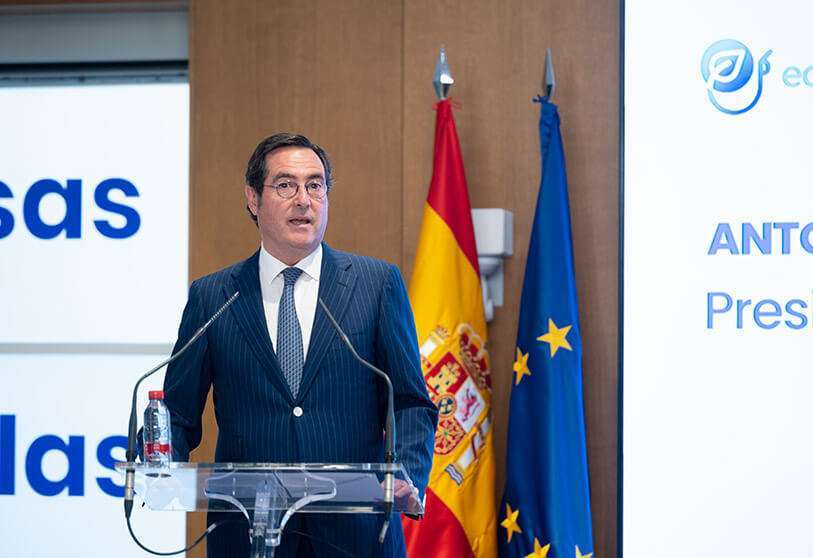
Raúl Blanco stressed that emission reductions and climate neutrality require all technologies and that all projects, such as the Platform, are "welcome".

For his part, Antonio Garamendi indicated that companies do not want to get in the way of the transition to green energy, but he pointed out that they do not want to be in the way so that the economy can continue to function. The CEOE president recalled that the Platform has great strength, with the 27 organisations that make it up, and pointed out that companies and society must be involved in decarbonisation, although with the need for technological neutrality.

On the other hand, Luis Cabra defended the idea that there is a whole chain of values to be developed in terms of ecofuels, which are a reality and are already being used. The president of FuelsEurope called for public regulation so that this value chain can be developed. "The Platform needs to be listened to more," said Luis Cabra, who explained that the electric vehicle and ecofuel sectors are complementary and serve to decarbonise.
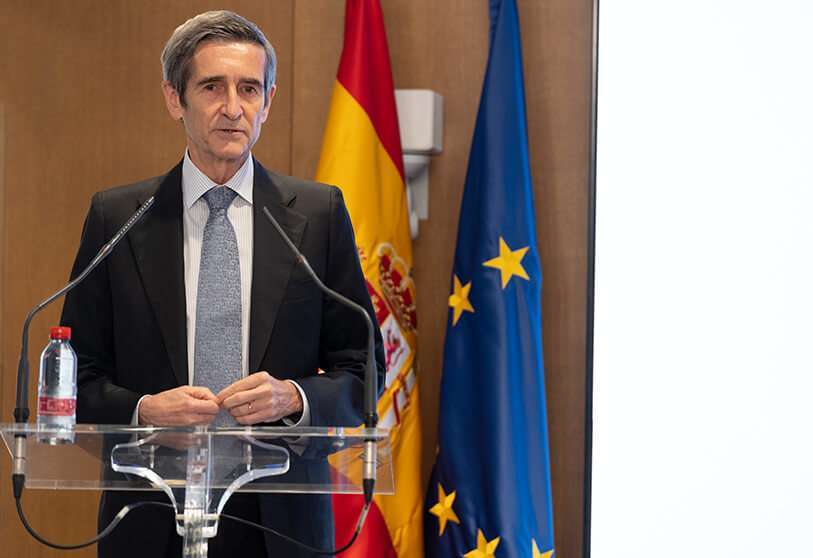
Among the speakers who addressed the main issue was Alejandro Ripoll, president of the Spanish Association of Fuel and Fuel Retailers (AEVECAR), who took the floor at the round table discussion entitled "Ecofuels, synonymous with industry, employment and guarantee of supply".
Alejandro Ripoll pointed out that service stations are fundamental and can be used for the distribution of ecofuels as they have the necessary infrastructure to do so. He insisted that Spain has the best distribution network in Europe and that service stations are fully prepared, as even 10% of the fuels currently being served contain ecofuels. All of this is in contrast to the difficulties that exist with the electric vehicle sector, which has problems of autonomy due to the lack of recharging points and drawbacks with the current selling price of these vehicles.
The president of AEVECAR also pointed out that Spain is among the top three European countries in terms of fuel refining capacity and that all that is needed is legal certainty and planning on the part of the authorities for the necessary investment of millions of euros in the ecofuels sector to take place.
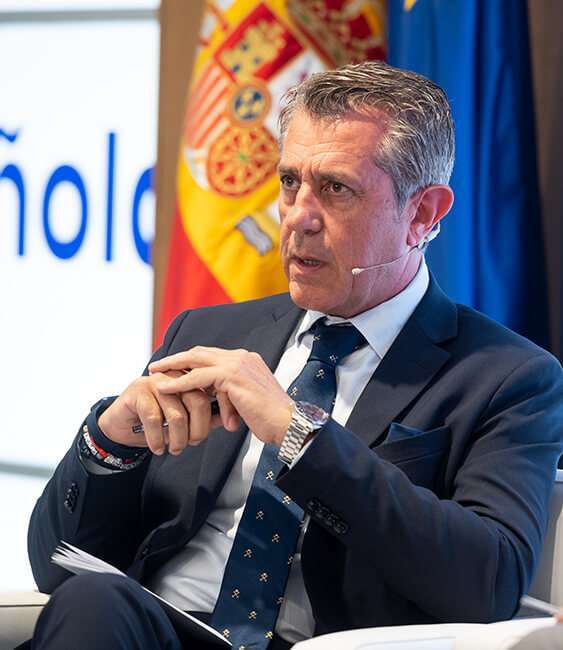
Along with Ripoll, Juan Antonio Carrillo de Albornoz, president of AOP, Enrique González, president of EWABA Spain, Salvador Guillén, director of ATliq, and Francisco Aranda, president of UNO, took part in the same round table.
Francisco Aranda recalled that the business sector is in a complicated moment and that even so, more investment is being requested. He pointed out that there are fleets of gas and electric vehicles that are not working now and that are at a standstill despite all that has already been invested in them due to their lack of recharging and maintenance infrastructures. "Gas has a high price because of the current international situation and electricity cannot be used now because of the lack of charging points to plug in, so the investment made in electrification has not been efficient," he explained.

Meanwhile, Juan Antonio Carrillo de Albornoz emphasised the major challenge of the energy transition, in which economic and social aspects must be taken into account while respecting the principles of justice and inclusiveness. "The great challenges are energy independence and security of supply," said the AOP president, who pointed out that all sectors must be taken into account and interactions between them must be encouraged.
Carrillo de Albornoz also indicated that there are two ways to decarbonise. On the one hand, the decarbonisation of processes with methods such as renewable hydrogen or CO2 capture, with energy efficiency in the process. On the other hand, the decarbonisation of products thanks to the replacement of oil with alternative raw materials such as agricultural waste. This would give Spain energy independence, as it could generate and make use of this waste and allow rural areas to develop. All of this would provide "a great opportunity for Spain as a leader in low-emission systems".

For his part, Salvador Guillén explained that ecofuels provide a guaranteed supply. "Spain is the envy of Europe and has up to eight refineries that receive a great deal of investment," explained the director of ATliq, who pointed out that Spain has a logistics network of more than 100 storage points that enables fuels to be distributed and that 90% of its infrastructure is developed underground, reaching a maximum distance of 50 kilometres from any point in Spain. This fuel transport does not entail any CO2 emissions and will make it possible to continue transporting liquid ecofuels. On the other hand, in the electricity sector we have supply problems and a lack of recharging points, while ecofuels are easily storable and distributable, as he explained.
In his subsequent speech, Enrique González pointed out that Spanish biofuel goes to other countries in large quantities and is not used here as it should be.
Before these speeches, the first round table discussion took place, entitled "Ecofuels: an efficient solution for all means of transport". Elena Seco, General Manager of ANAVE, Ramón Valdivia, Executive Vice-President of ASTIC, José María Quijano, General Secretary of CETM, Rafael Barbadillo, President of CONFEBUS, and Marta Blázquez, Executive Vice-President of FACONAUTO, took part in this round table.
Elena Seco referred to the maritime transport sector, in which 99.9% of the fuels used are fossil fuels because "there is no alternative technology now", which will surely arrive at the end of the century. The Director General of ANAVE called for greater investment in other elements to reduce emissions, such as ecofuels and Liquefied Natural Gas.

Ramón Valdivia defended the concept of technological neutrality to respect and promote any technology, from ecofuels to the electricity sector. ASTIC's executive vice-president criticised the fact that the European Union wants to put an end to combustion engines, and he said that the support of European and Spanish politicians for ecofuels is lacking, while electric vehicles are being strongly supported. All this despite the fact that, as he pointed out, tailpipe emissions have been reduced by 98% in recent years.
Meanwhile, José María Quijano pointed out that there is uncertainty when it comes to investing due to doubts about the commitment being made to the different existing technologies. The secretary general of CETM indicated that heavy road transport does not allow the use of electric vehicles due to the current technological conditions and that diesel will still exist for many years to come, which is why technological neutrality is needed. Quijano defended ecofuels as an intermediate solution because they can already be used and the infrastructures exist.
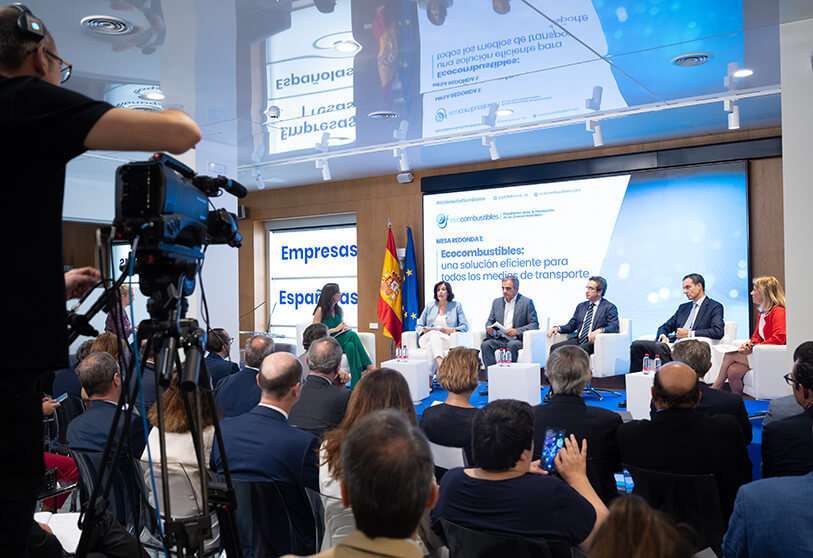
On the other hand, Rafael Barbadillo highlighted the weaknesses that the electric vehicle sector still has due to the lack of charging point infrastructures and stressed the high cost of electric vehicles, especially in the urban and road transport sector. The president of CONFEBUS reminded the audience that ecofuels are very valid because they can be used with current combustion engines and are useful for the decarbonisation process.
In her speech, Marta Blázquez rejected the single discourse that now exists towards electrification and reminded that if the final objective is decarbonisation, then there are complementary options to the electricity sector. "We are not against electrification, we must use intermediate transition options with other technologies that can create wealth and employment", said the executive vice-president of FACONAUTO in reference to ecofuels.
The day was closed by José Alberto González-Ruiz, Secretary General of CEOE, who highlighted the important work involved in contributing to the decarbonisation of the economy. It is a huge challenge and requires the efforts of several sectors to achieve it, he said.
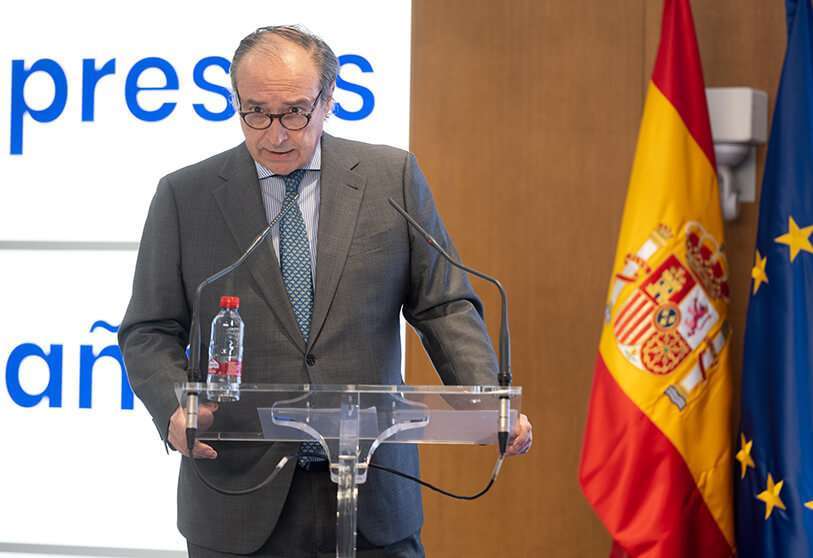
González-Ruiz indicated that achieving these objectives requires the commitment of everyone, including governments, companies and citizens, to accommodate the different rhythms that exist in the various sectors involved and to approach the energy transition through technological neutrality, allowing each technology to play its role.
The CEOE secretary general pointed out that ecofuels already have a built-in technology and face problems in their development. According to González-Ruiz, one of the biggest problems is the "uncertainty in the legislative framework". This must be stable for large-scale investment to be possible, he said.
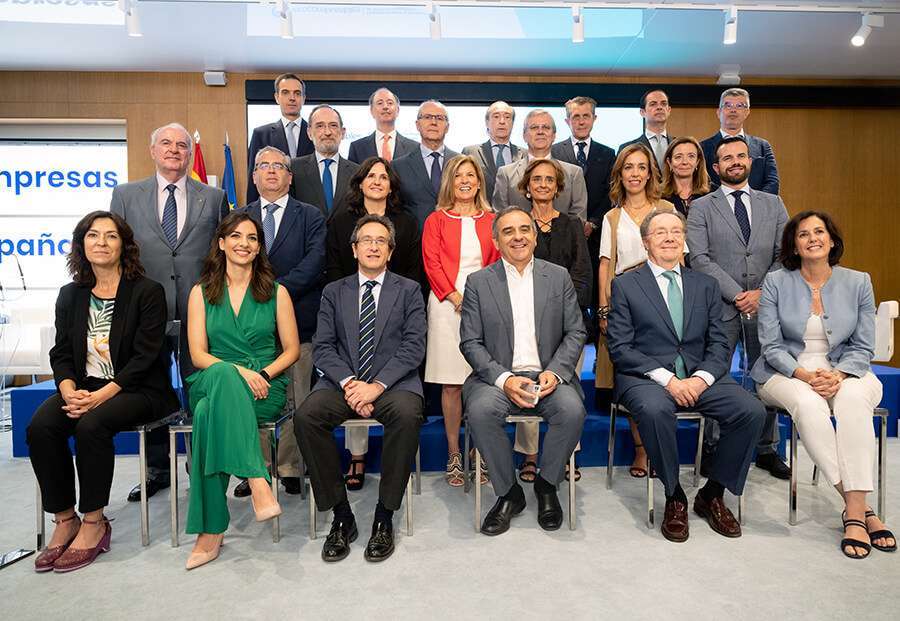
Finally, the signing of the "Manifesto for Spanish and European sustainability and energy security" by the 27 organisations that make up the Platform for the Promotion of Ecofuels was announced at the end of the event. These organisations bring together up to 345,000 companies, which is a measure of their importance and relevance.




